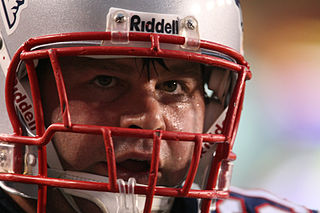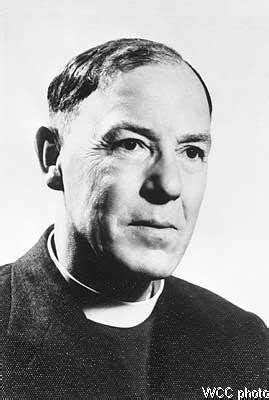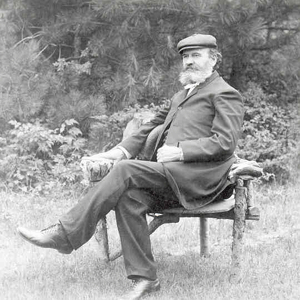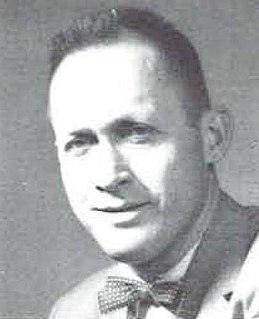A Quote by Stephen Neal
The good teacher discovers the natural gifts of his pupils and liberates them.
Quote Topics
Related Quotes
A teacher who can show good, or indeed astounding results while he is teaching, is still not on that account a good teacher, for it may be that, while his pupils are under his immediate influence, he raises them to a level which is not natural to them, without developing their own capacities for work at this level, so that they immediately decline again once the teacher leaves the schoolroom.
The individual man, in introspecting the fact of his own consciousness, also discovers the primordial natural fact of his freedom: his freedom to choose, his freedom to use or not use his reason about any given subject. In short, the natural fact of his "free will." He also discovers the natural fact of his mind's command over his body and its actions: that is, of his natural ownership over his self.
Liebig was not a teacher in the ordinary sense of the word. Scientifically productive himself in an unusual degree, and rich in chemical ideas, he imparted the latter to his advanced pupils, to be put by them to experimental proof; he thus brought his pupils gradually to think for themselves, besides showing and explaining to them the methods by which chemical problems might be solved experimentally.
The man who is an initiate of one of the great Mystery Schools never fears to let his pupils outdistance him, because he knows that it stands him in good stead with his superiors if he is constantly sending up to them aspirants who 'make good.' He therefore never tries to hold back a promising pupil, because he has no need to fear that pupil, if allowed to penetrate into the Mysteries, would spy out the nakedness of the land; he will rather bring back a report of its exceeding richness, and thereby confirm the statements of his teacher and spur his fellow pupils to yet greater eagerness.
A game master or teacher who was primarily concerned with being close enough to the "innermost meaning" would be a very bad teacher. To be candid, I myself, for example, have never in my life said a word to my pupils about the "meaning" of music; if there is one it does not need my explanations. On the other hand I have always made a great point of having my pupils count their eighths and sixteenths nicely. Whatever you become, teacher, scholar, or musician, have respect for the "meaning" but do not imagine that it can be taught.
We begin life with the natural, next we come into the spiritual; but then, when we have truly received the kingdom of God and His righteousness, the natural is added to the spiritual, and we are able to receive the gifts of His providence and the blessings of life without becoming centered in them or allowing them to separate us from Him.



































